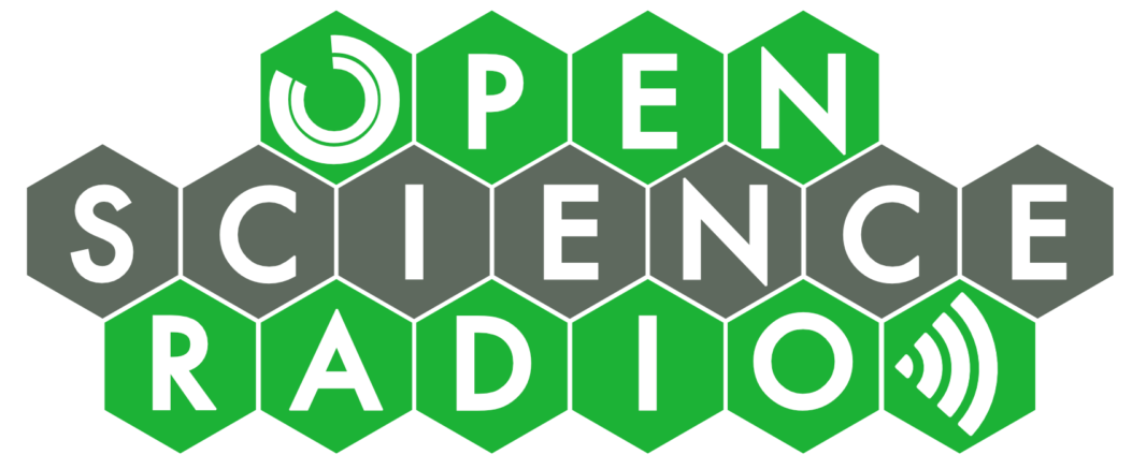The National Research Data Infrastructure for Germany – NFDI for short – has been under construction since 2018. Its goal is as simple as it is complex: to systematically open up the valuable data resources of science and research for the entire German science system, to network them, and thus to make them more usable. This would create a sustainable and flexible digital knowledge repository for all research areas, which in turn can be an indispensable prerequisite for new research questions, findings and innovations. In order to gain an insight into the development of the NFDI, its organs and their tasks, but above all to get an overview of the consortia that have been set up in 3 rounds, we have invited the man who probably knows the most about it at the moment: Prof. Dr. York Sure-Vetter, the current director of the NFDI.
And York did not disappoint.
One of the aspects that continuously pops up in our discussions is the research infrastructure. Hence, it was about time that we make it a topic of its own and we’re glad that we could win Peter Kraker as a guest for this topic. Peter is well-known in the Open Science communicator, as a researcher but also as the founder and chairman of Open Knowledge Maps, a web-service that provides a visual interface for the exploration of scientific topics through publications. In addition, he is active in several organizations and initiatives dealing with research infrastructure and research data management, such as GO FAIR. With the launch of Google’s dataset search service last year he started the Don’t leave it to Google! campaign. In this episode we’re talking about the campaign, the overarching concept of research architectures and the Open Knowledge Maps as a specific example.
Have fun!
Nachdem sich in der letzten Folge alles um den Schwerpunkt Open Science auf der re:publica 2013 drehte, gibt es in dieser Folge ein paar News in aller Kürze zu aktuellen Entwicklungen in den Bereichen Open Data und Open Access sowie wieder eine Podcastempfehlung.


